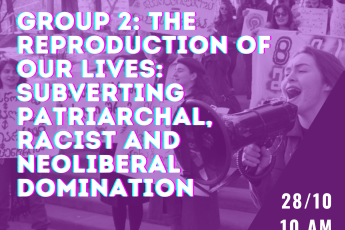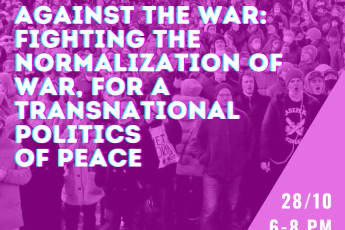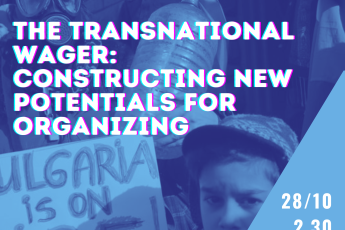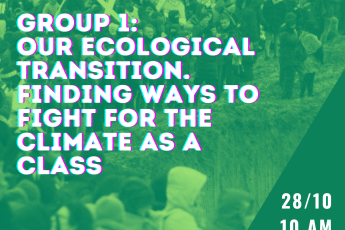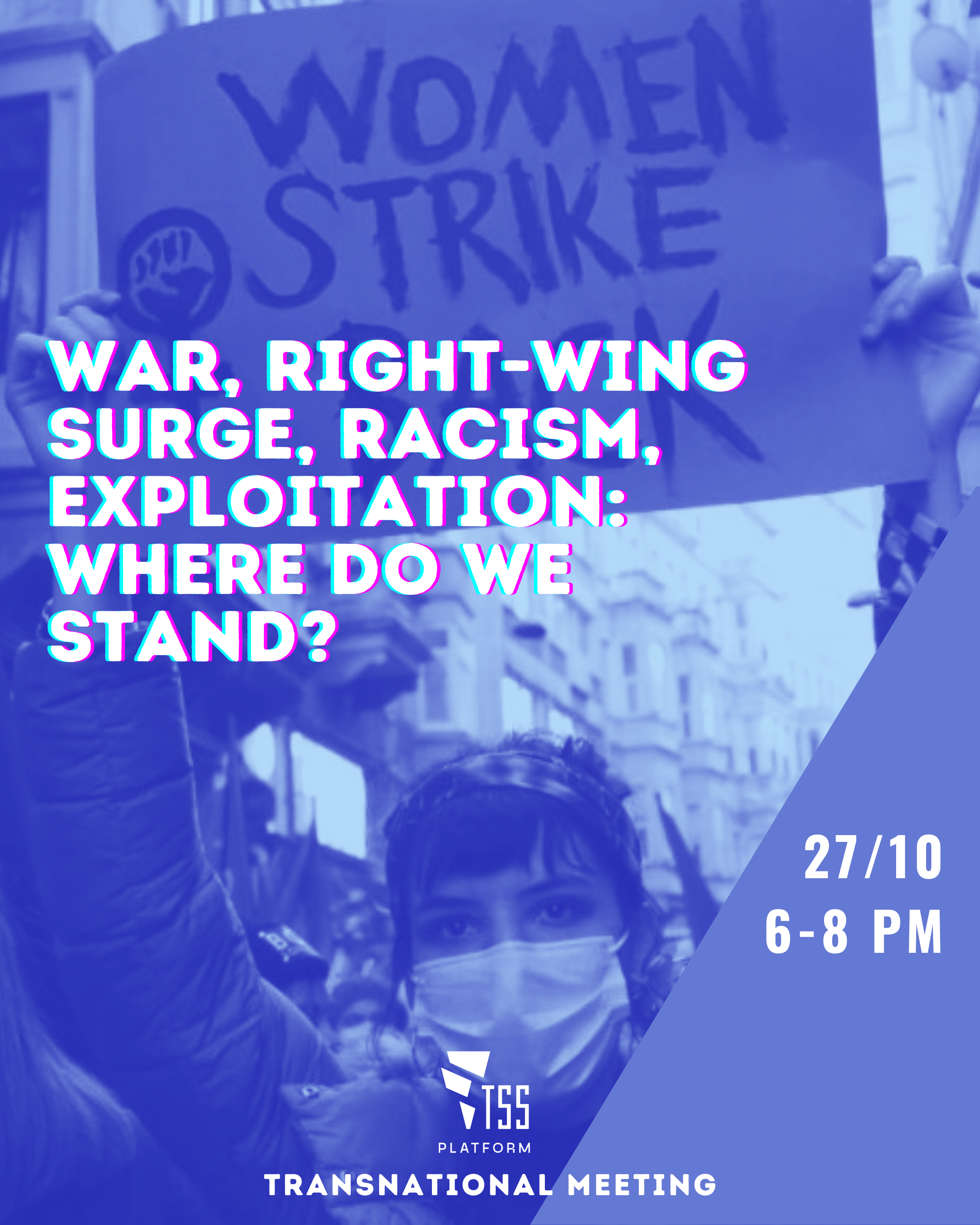
FRIDAY OCTOBER 27th: Opening Plenary 18h-20h (Porta Pratello)
We are experiencing a phase of political turmoil. The war in Ukraine, after the pandemic,continues to sow death and destruction,and is worsening the social and economic conditions under which we are living and fighting. But the war is not limited to Ukraine. Escalating attacks by Turkey in Rojava, and the horrendous violence of the renewed war in Israel and Palestine show the global intensification of war politics, and underline the necessity of developing critical tools to face this situation without being trapped in geopolitical dynamics.
An economic recession is looming capital and fueling neoliberal policies with conservative and authoritarian tendencies, limiting the possibilities of political organization. Right-wing policies, racism and exploitation are on the rise. But they are also the response to the fact that workers, migrants, women and LGBTQI+ people, from East to West, never stopped to express their refusal of the conditions in which they are compelled to live and work. In this scenario of growing instability, the dominance of war politics and militarization directly opposes and limits the power of democratic mass movements, from the Arab spring to the mass opposition to austerity, that have swept through the world in the past decade.
This opening event aims at discussing where we currently stand, whilst recognizing the obstacles the current moment poses to transnational organizing. We aim to deepen the connections between struggles and subjects in different contexts by focusing on the movements and expressions of insubordination that mark the current situation.
Starting from five short inputs on climate activism, war, right-wing surge, migrant and labor struggle, we will present the overall framework with which the TSS meeting in Bologna has to deal with, pointing out at the transnational as the core dimension to channel and enhance our collective discussion and organization.
Where do we stand and how can we shape a common understanding of the current phase? What are the effects on lives and struggles of migrants, workers, women and LGBTQI+ people of the post-pandemic situation and the war policies spreading globally? What are crucial differences in the way the current scenario affects different contexts, and where can we search for common ground? What does it mean today to strike within and against this political situation?


